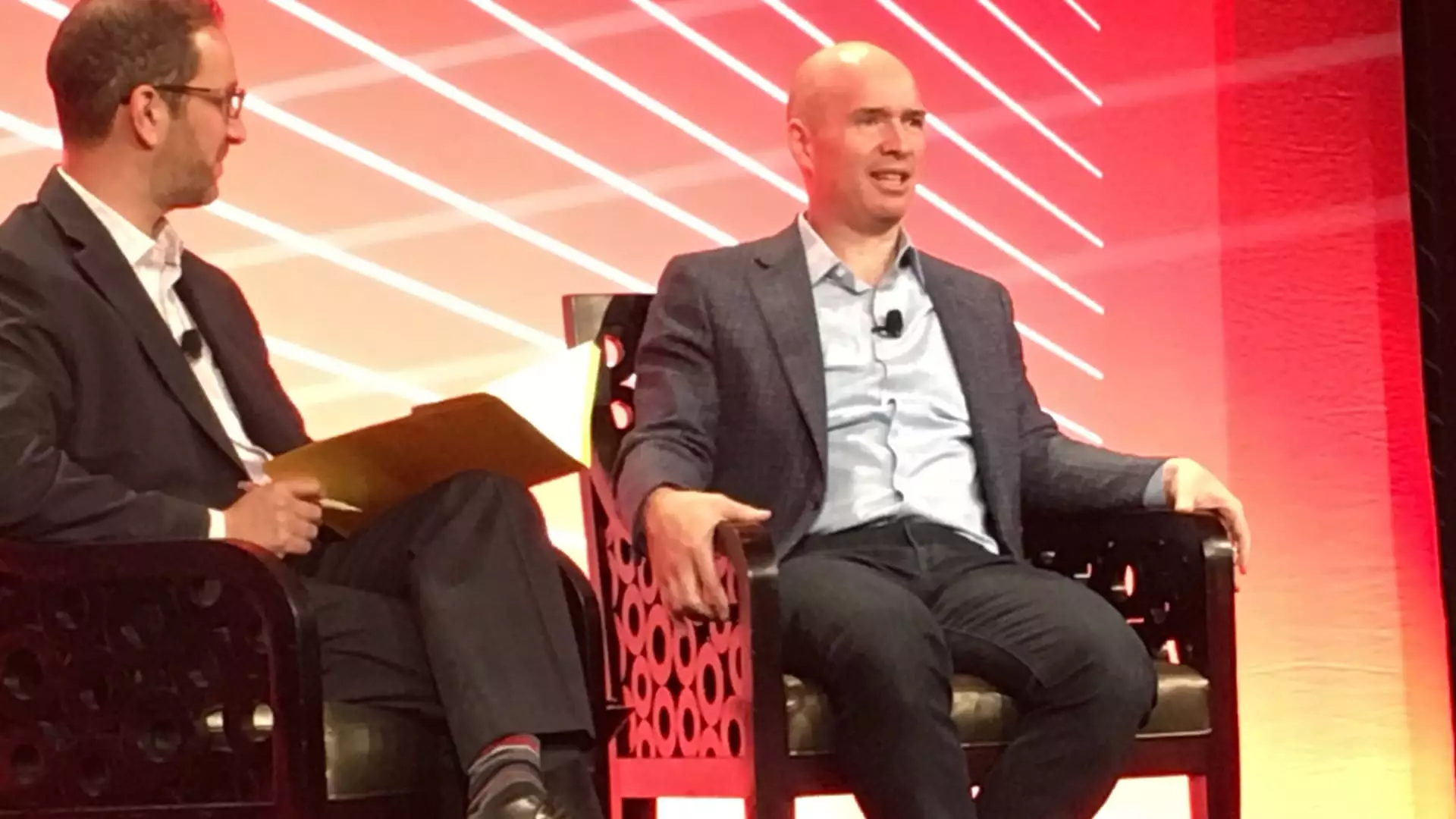In a surprising turn of events, venture capitalist Ben Horowitz has announced his intention to support Vice President Kamala Harris in the upcoming election, a stark contrast to his previously stated intentions to back political action committees aligned with Donald Trump’s presidential campaign. This shift raises intriguing questions about the motivations and implications behind Horowitz’s change of heart. His recent communication to employees at Andreessen Horowitz, the venture firm he co-founded, reveals a longstanding personal relationship with Harris that may have influenced this decision.
Horowitz’s letter, which has garnered attention following confirmation by CNBC, details a decade-long friendship with the Vice President, emphasizing personal ties as the underlying reason for his financial support. “Felicia and I have known Vice President Harris for over 10 years,” he stated, highlighting the personal roots of this political maneuver. This pivot is indicative of a broader trend among investors who often navigate complex social and political landscapes, compelled by personal affiliations and strategic calculations to align with certain political figures.
The ambiguity surrounding Horowitz’s political engagements reflects larger themes within the tech industry. Just a few months earlier, both Horowitz and his partner, Marc Andreessen, had expressed support for Trump’s campaign based on what they deemed a more favorable agenda for the tech sector. In July, they articulated their commitment to a “little tech” agenda—focused on defending policies that particularly benefit smaller, yet significant, tech enterprises.
This raises the question: Can business leaders maintain consistent political ideologies, or is their engagement too often subject to personal relationships and immediate interests? The backlash against the Biden administration’s approach to startups and cryptocurrency appeared to solidify their political leanings. However, Horowitz’s recent support of Harris indicates an evolving landscape where personal affiliations can overrule previous partisan alignments.
As the tech industry grapples with its positioning in a highly polarized political climate, the shift from support for Trump to contributions toward Harris signifies the potential volatility of investor allegiances. This change might influence not only how venture capital operates but also how political campaigns are funded in the tech sector. Horowitz and Andreessen have yet to endorse specific candidates officially for the 2024 election, maintaining a cautious stance that allows them room for maneuvering as the political landscape shifts.
The venture capital community is observing closely, understanding that these donations can reverberate through the ecosystem, impacting startup funding and the types of innovations considered valuable. Investors frequently assess not just the economic landscape, but the political environments in which their portfolios must operate, making Horowitz’s actions noteworthy as he negotiates the delicate terrain of personal relationships and political advocacy.
The Future of Political Contributions in Tech
As the political contributions of Horowitz signal changing dynamics within the tech space, they also offer a glimpse of future trends where personal relationships may increasingly dictate political affiliations. The strategic choices made by influential venture capitalists like Horowitz not only affect their immediate enterprises but also shape broader conversations around tech policy and governance. This duality of personal loyalty and professional strategy presents a rich avenue for exploration in understanding how the venture capital world influences, and is influenced by, the political landscape.
Horowitz’s recent decision underscores the fluid nature of political support within the venture capital community and serves as a reminder of the intricate link between personal relationships and professional affiliations. The upcoming election is set to reveal much more about these evolving dynamics and their implications for the intersection of technology and politics.


Leave a Reply